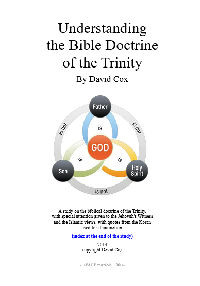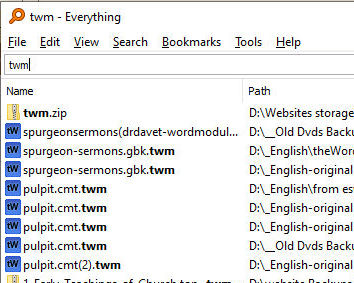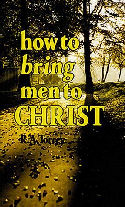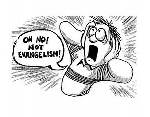Posted by David Cox on March 15, 2025
Posted in Anonymous • Deity of Christ | Tagged With: Christ, Christology
Introduction
Volume 2 ch. X
The Deity of Christ
by Professor Benjamin B. Warfield, D.D., LL.D.,
Princeton Theological Seminary, Princeton, New Jersey
A recent writer has remarked that our assured conviction of the deity of Christ rests, not upon “proof-texts or passages, nor upon old arguments drawn from these, but upon the general fact of the whole manifestation of Jesus Christ, and of the whole impression left by Him upon the world.” The antithesis is too absolute, and possibly betrays an unwarranted distrust of the evidence of Scripture. To make it just, we should read the statement rather thus: Our conviction of the deity of Christ rests not alone on the Scriptural passages which assert it, but also on His entire impression on the world; or perhaps thus: Our conviction rests no more on the scriptural assertions than upon His entire manifestation. Both lines of evidence are valid; and when twisted together form an unbreakable cord. The proof-texts and passages do prove that Jesus was esteemed divine by those who companied with Him; that He esteemed Himself divine; that He was recognized as divine by those who were taught by the Spirit; that, in fine, He was divine. But over and above this Biblical evidence the impression Jesus has left upon the world bears independent testimony to His deity, and it may well be that to many minds this will seem the most conclusive of all its evidences. It certainly is very cogent and impressive.
More Free PDFs
By Jonathan Edwards
Read more




 Helpful Windows User Tip for "Searching Everything" on your PC.
Helpful Windows User Tip for "Searching Everything" on your PC.
